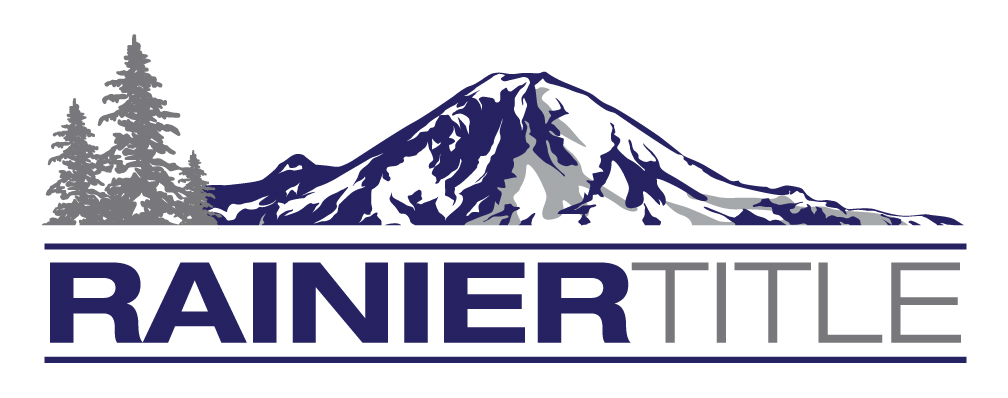Closing day is a much-anticipated event for both buyers and sellers, but there will be closing costs that you have to prepare for before the deal is sealed. These are the possible real estate closing costs you will face in the property transfer process and how you can reduce the financial burden.
What Are Closing Costs?
Closing costs refer to the amount that sellers and buyers will have to pay, beyond the property price itself, to complete the real estate transaction. They occur during the process of transferring property rights from the seller to the buyer, and the exact amount will differ based on the value of the property.
As a buyer, you will likely pay fees that amount to 2-5% of the purchase price. The Real Estate Settlement Procedures Act (RESPA) details that you will be sent the estimated closing costs at least three days before closing day.
Closing Costs for Buyers
Closing costs differ for buyers and sellers. These are some of the closing costs that a homebuyer will have to face:
- Appraisal fees. Appraisal fees are incurred when a lender assesses the value of a property. This is because they want to ensure the house is worth as much as you want to borrow from them.
- Home inspection fees. Some lenders will also require getting your home inspected. This allows them to evaluate the state of your property and the risks of lending to you for its upkeep.
- Application fees. This involves the cost of processing a loan, which will include the cost of credit checks, administrative fees, and more. The extent of this fee will depend on the lender and on how long the application process lasts.
- Attorney costs for real estate closings. As a buyer, you may choose to hire an attorney for closing. They will help you review the necessary legal documents and ensure that the purchase agreements are fair for you.
- Escrow deposits. Some lenders require that you pay a few months’ worth of taxes and insurance upfront.
- Title search fees. To avoid being surprised by a property’s unpaid liens, you will have to pay for a title search. A clean title with rightful legal ownership is required for a real estate transaction to take place successfully.
Closing Costs for Sellers
The extent to which the seller will have to pay for closing costs depends on their negotiation with the buyer. These are the typical closing costs that a seller will have to pay:
- Commission fees. Typically, the sellers will be the ones paying the commission for the real estate agents of both the sellers and the buyers.
- Title insurance premiums. Title insurance protects the buyer from potential risks that question their legal ownership over a property. The seller usually pays the majority of this cost, but the section of the insurance meant to protect the lender can be passed on to the buyer.
- Property transfer taxes. The requirement of transfer taxes will differ based on the county you reside in, but it essentially taxes a percentage of the property price.
- Recording fees. A recording fee is how much it costs for the government to record a property sale in their area.
How to Reduce Closing Costs
Whether you are a buyer or a seller, closing costs don’t come cheap, and they add to the financial burden you may already be facing throughout the sales process. While these costs are inescapable, there are several ways you can reduce the amount you have to pay:
- Ask your lender about vague fees. Some lenders have certain flat fees that may include charges you don’t understand. To prevent them from racking up the price by including arbitrary services, ask them to explain what they are charging for or decide to go with a different lender.
- Research title and settlement fees. Different companies will charge differently for title and settlement services, so make sure you take the time to look around and find the most cost-effective option for you.
- Negotiate closing costs with the other party. Because both the buyer and the seller will have to chip in for closing costs, try to negotiate with the other party to reduce the costs for you.
Real Estate Closing Costs
For buyers and sellers alike, real estate closing costs are necessary fees that can have a serious impact on your personal finances. This is why reducing closing costs through methods such as following up on vague fees, researching different services, and negotiating with the other party is vital.
Contact us today for a title or escrow order.

